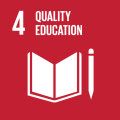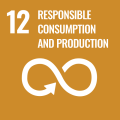COVID-19, Taiwan’s Opportunity for Growth: Stanley Yen Discusses the Development of Sustainable Tour
“I can still remember the day that The Alliance Cultural Foundation’s (ACF) first Changbin-Fengbin Workshop took place. It was four years ago on the 19th of April 2018, said Zhongyuan Ma (Bunun), founder of the Alpine Forest Base. At the time, Ma had returned to Fengbin one year before establishing the Alpine Forest Base and was considering closing down the struggling business. With ACF’s counsel, the Alpine Forest Base now has the ability to carry forward its vision of connecting the land with businesses within the tribe. Once unknown, the Changbin-Fengbin Townships are now popular sustainable tourism destinations.
Four years ago, ACF first began to connect entrepreneurs in the Changbin-Fengbin Townships to work together to grow its tourism. Through getting to know one another, they were able to identify each of their uniqueness and how they could participate in the development. The workshop shifted the "me versus you" into the "us" mentality, working together towards the same goal. To develop sustainable tourism takes time. Over the years, the change has been evident – there are now 15 omakase restaurants in both townships combined, and there is a Michelin-trained chef at the Sinasera 24 in Changbin. Many tourists now choose to stay longer to enjoy the lifestyle.
This April, ACF decided to extend the Changbin-Fengbin tourism development plan. 30 entrepreneurs were invited to attend the workshop. A key topic of discussion was how to achieve sustainability, innovation, and collaboration post-COVID. “We continue our efforts to support and educate the region in hopes of preventing commercial developments in this pristine land,” said Chair Yen. At the workshop, Chair Yen reminded participants of the following:
Elements that Make the Changbin-Fengbin Townships an Ideal Sustainable Tourism Destination
“Taiwan should take this opportunity to grow and improve itself to prepare for post-COVID– to shift from a fast travel destination to a sustainable tourism destination.” Chair Yen said.
Hualien-Taitung is not only a tourist destination but a place for slow living. With its rich Indigenous background, it is a harmonious blend of native and Han cultures. It is also the root of the Austronesian language development. Changbin-Fengbin Townships possess beautiful, vast rice paddy fields and mountain ranges on one side and the Pacific Ocean on the other. Because the townships are less accessible, their natural environment has been preserved. Chair Yen said, “Sustainable tourism development in Taiwan has started to develop in different regions. COVID-19, in a way, prompted slow travel among locals.” If Changbin-Fengbin Townships can embrace their strengths, it could be the model for civil living in Taiwan.
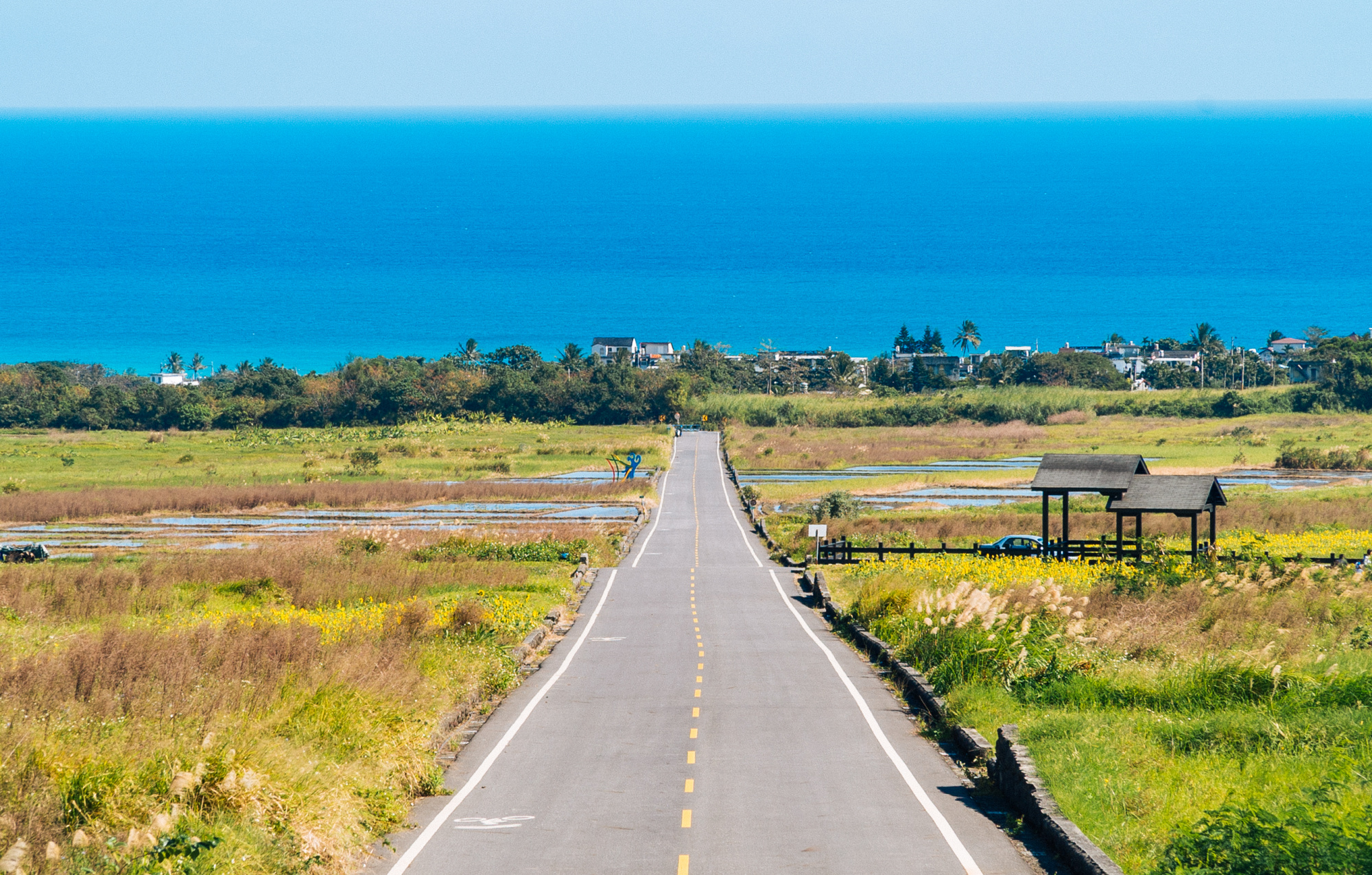
B&B Culture
One of Hualien-Taitung's advantages is that it has around 3,000 B&Bs. B&Bs very much represent the local way. Found in nearly every corner, each B&B is unique in itself showing different personalities and styles of the hosts yet sharing the same hospitality and closeness with its guests. The host of the "Chocolate Solo B&B" in Changbin said, "Solo [parting] for us is only temporary – whether from work, our mobile phones, or our partners- and it is to learn to co-exist with oneself and nature."
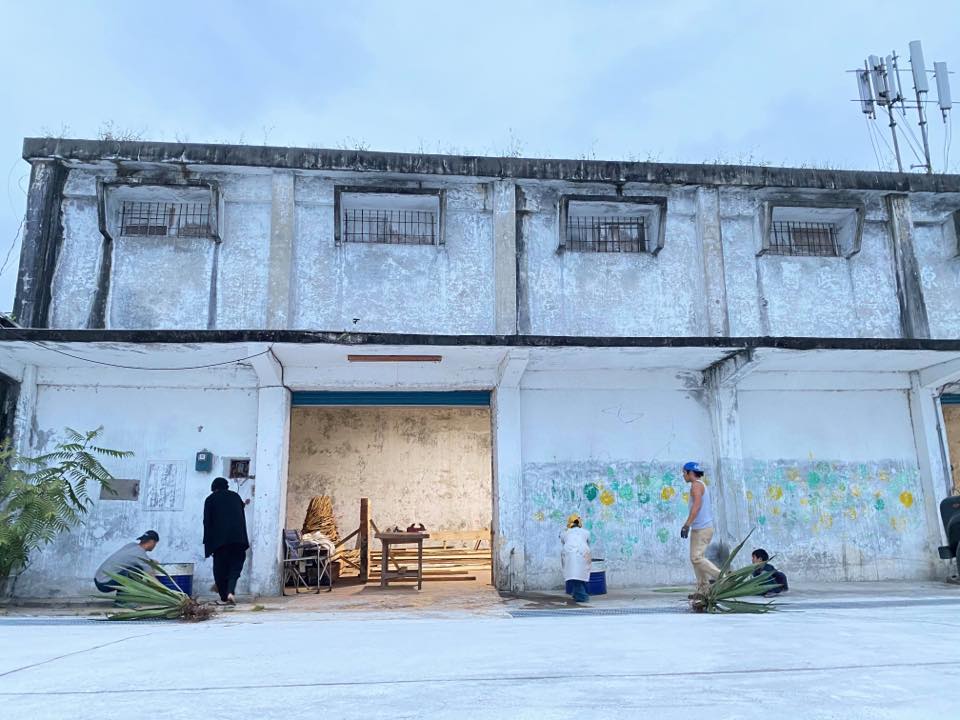
Rich Arts Culture
The Hualien-Taitung region is home to many well-known artists from different areas of the arts. Whether an Indigenous singer, dancer, visual artist, installation artist, or wood carving artist – from Changbin’s Lafin Sawmah and Heidi Yip who established the Laborary to Fengbin’s Necklace Studio and Paterongan Art, the region is generous to enrich its people with creative inspiration. Several artist studios and the Tiehua Music Village are also found in Taitung’s Dulan. With the completion of the Paul Chiang Art Center in Jinzun, Hualien-Taitung will definitely have the advantage of developing into a globally recognized art hub that also uplifts the Hualien-Taitung arts culture.
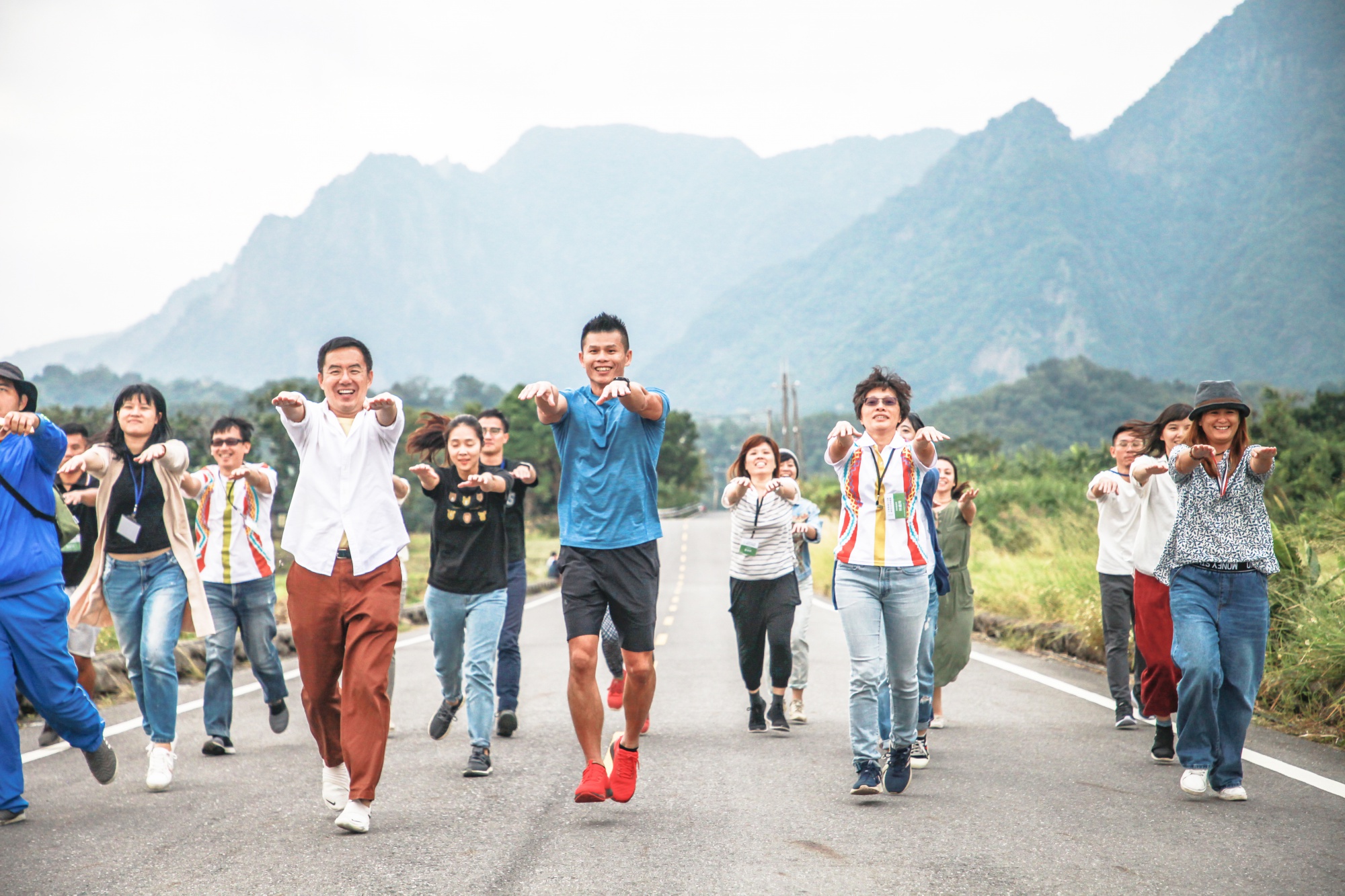
Bilingualism: An advantage for attracting tourists worldwide
Typhoons are a frequent occurrence in the Hualien-Taitung summers, and in the winter, it has the northeast monsoon; but because of the northeast monsoon, it makes Hualien-Taitung an ideal destination for surfing. Whether it is the annual Taiwan Open of Surfing, the Challenge Taiwan, which is in its 10th year this year, or the Ironman 70.3 Taiwan, which is in its 13th year – they are events that attract international athletes to Taiwan, letting Taitung become a diverse sports racing ground.
Sports and fitness in Taiwan have become increasingly popular. Those who have visited the Changbin-Fengbin Townships proclaim that it is a place to heal their lungs. In 2019, ACF initiated a new niche for the region that focuses on health and sports—to heal the mind, body, and soul, targeting the newly retired. It is another prediction ACF envisions for both international and domestic travelers; it will be another key element that will bring sustainability to the townships.
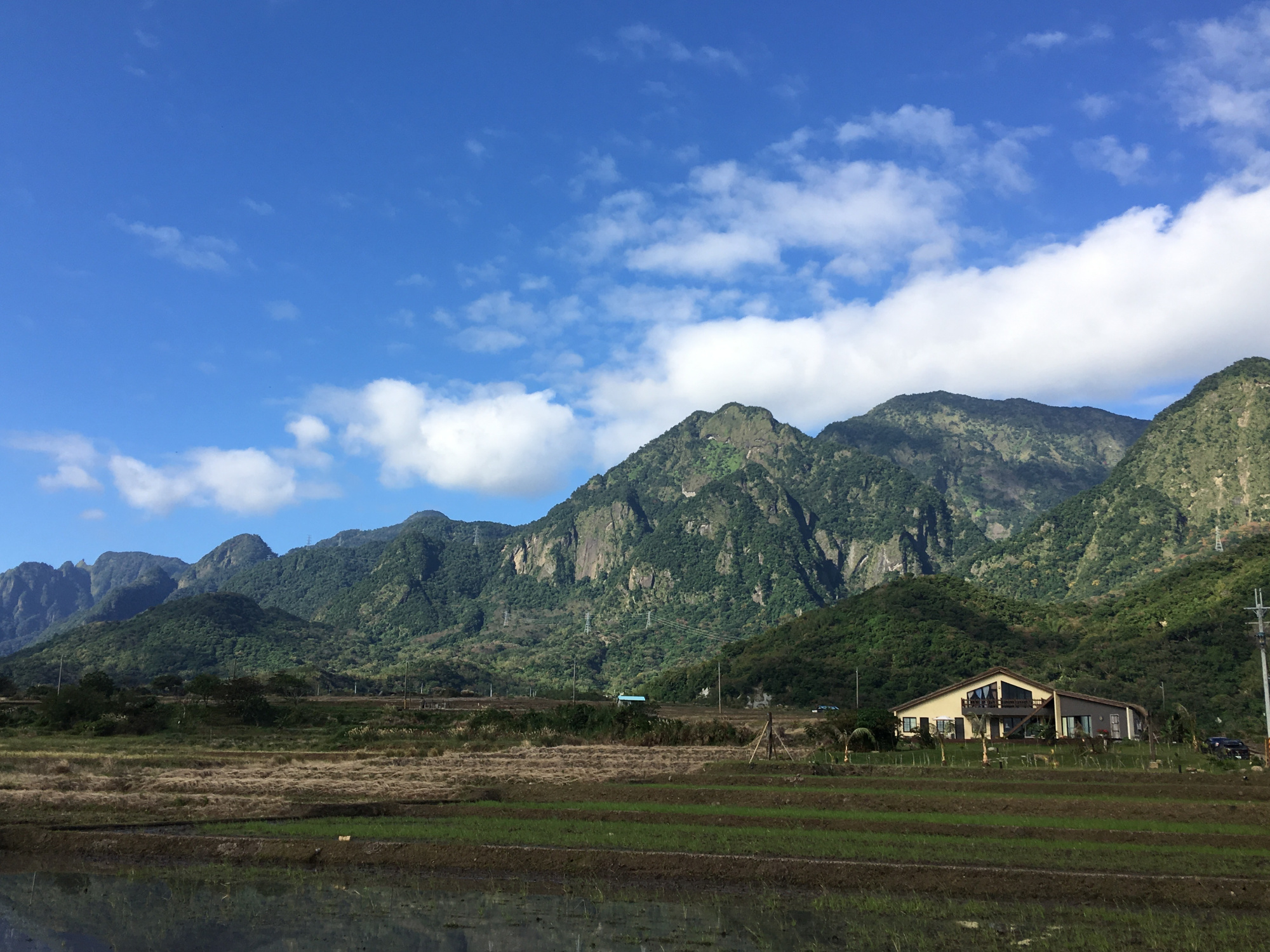
The gradual shift in the Changbin-Fengbin Townships
Chair Yen emphasized, “Taiwan has several pros that will attract the global population, and its pros differ from those of Phuket, Bali, and Hawaii.” Comparatively, Taiwan doesn’t have a steady summer season, but it has a civil society, kind people, and a rich culture, which are all elements found in the Changbin-Fengbin Townships.
COVID-19 produced a dramatic change in global tourism. With the pressures that city life brings, people are hungry to travel and search for places that take them away from the bustling city lifestyle. If the entrepreneurs in the Changbin-Fengbin Townships can work together to develop sustainable tourism through the local culture and their specialties, tourists will be keen to stay longer to enjoy the slow living. Developing sustainable tourism is the sustainable path for the townships’ tourism development.




